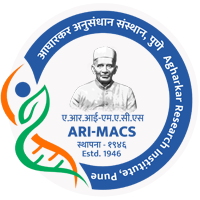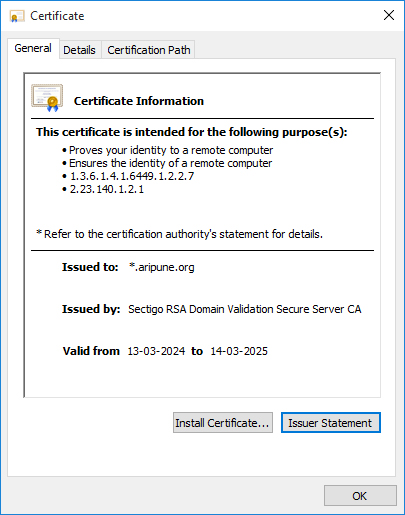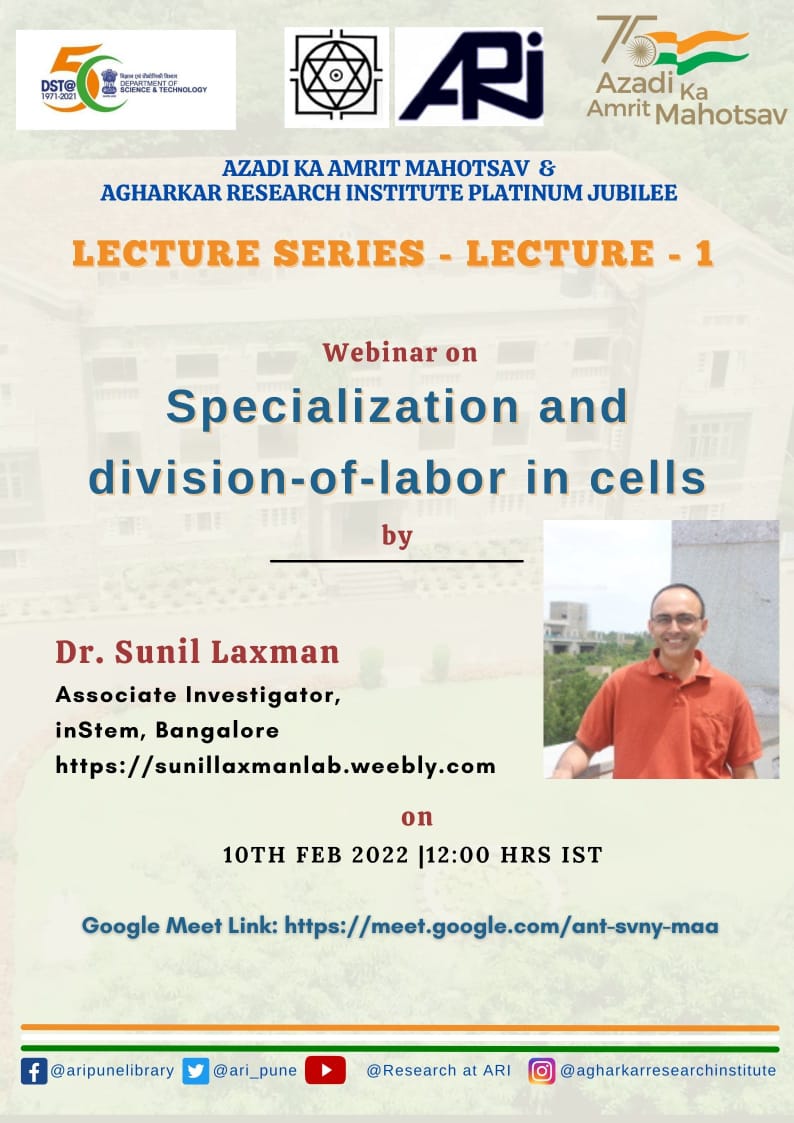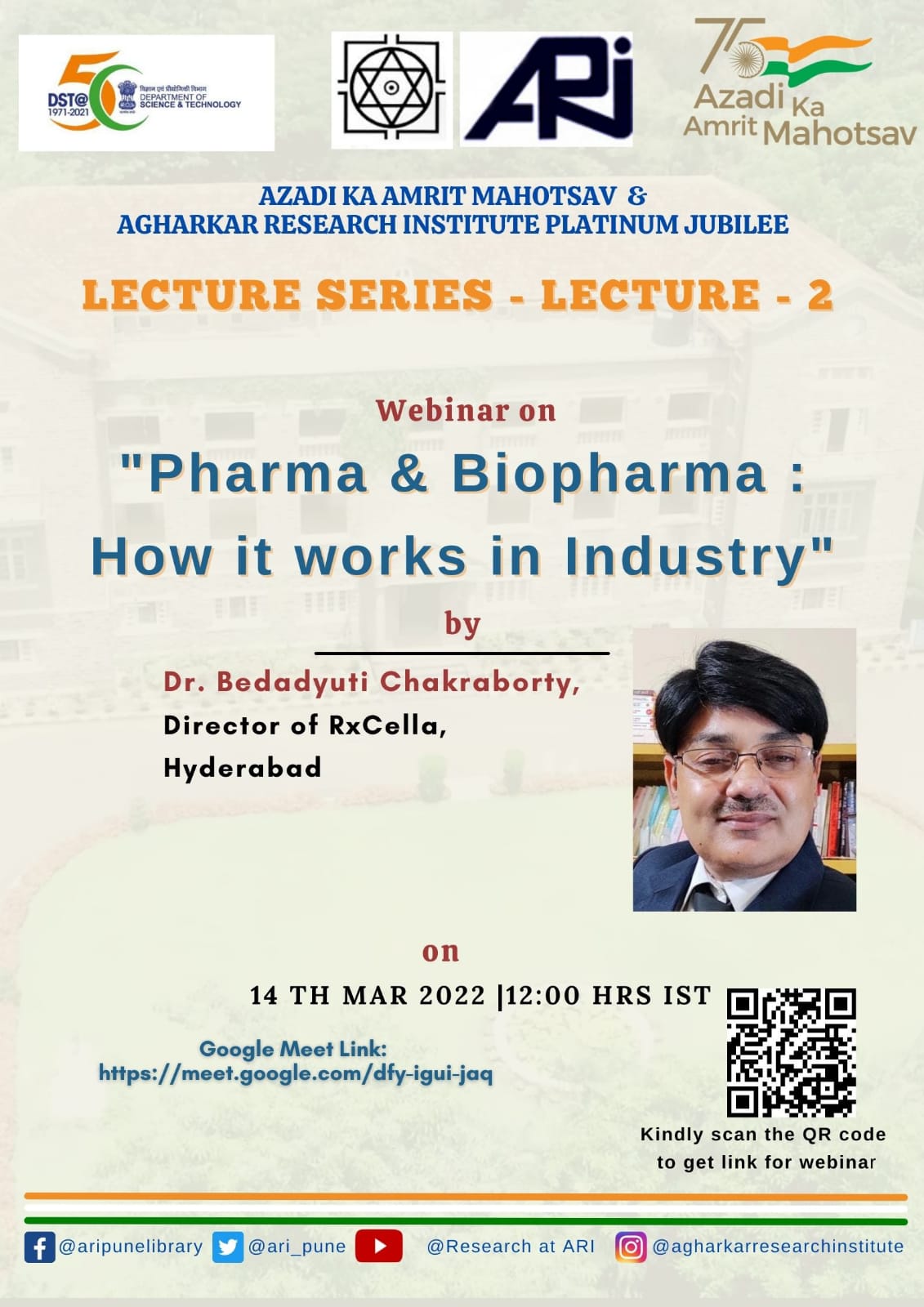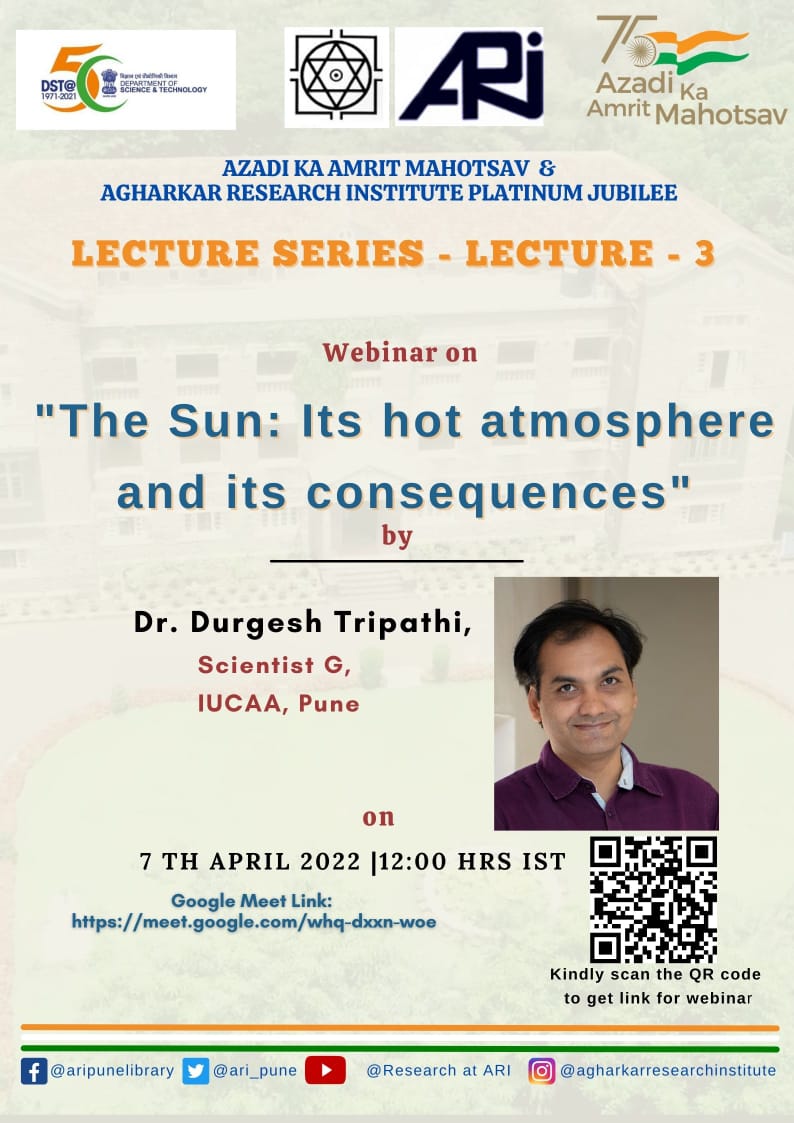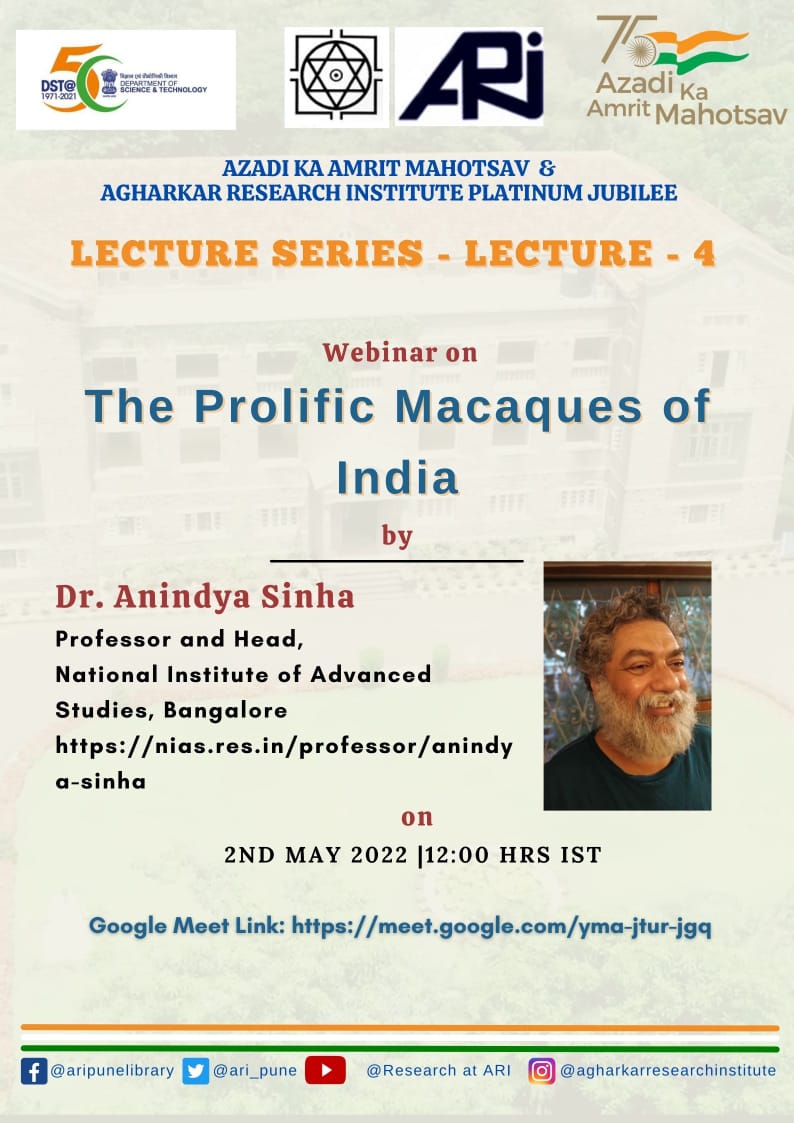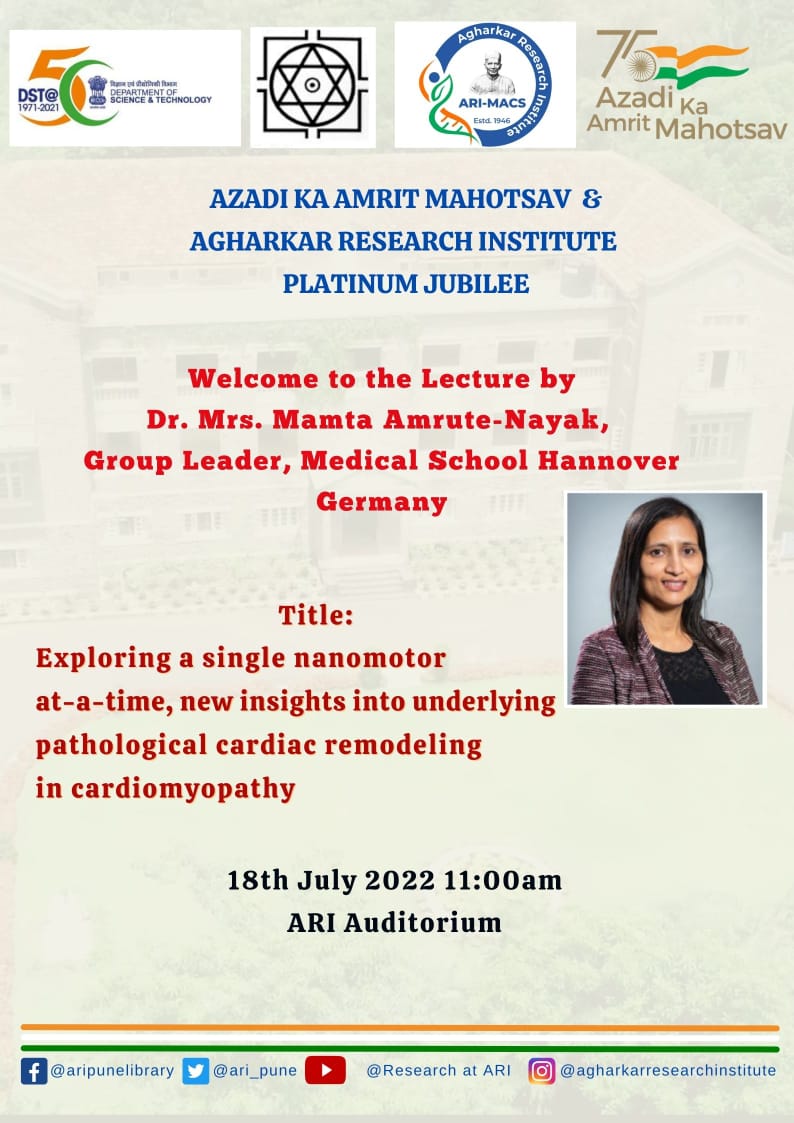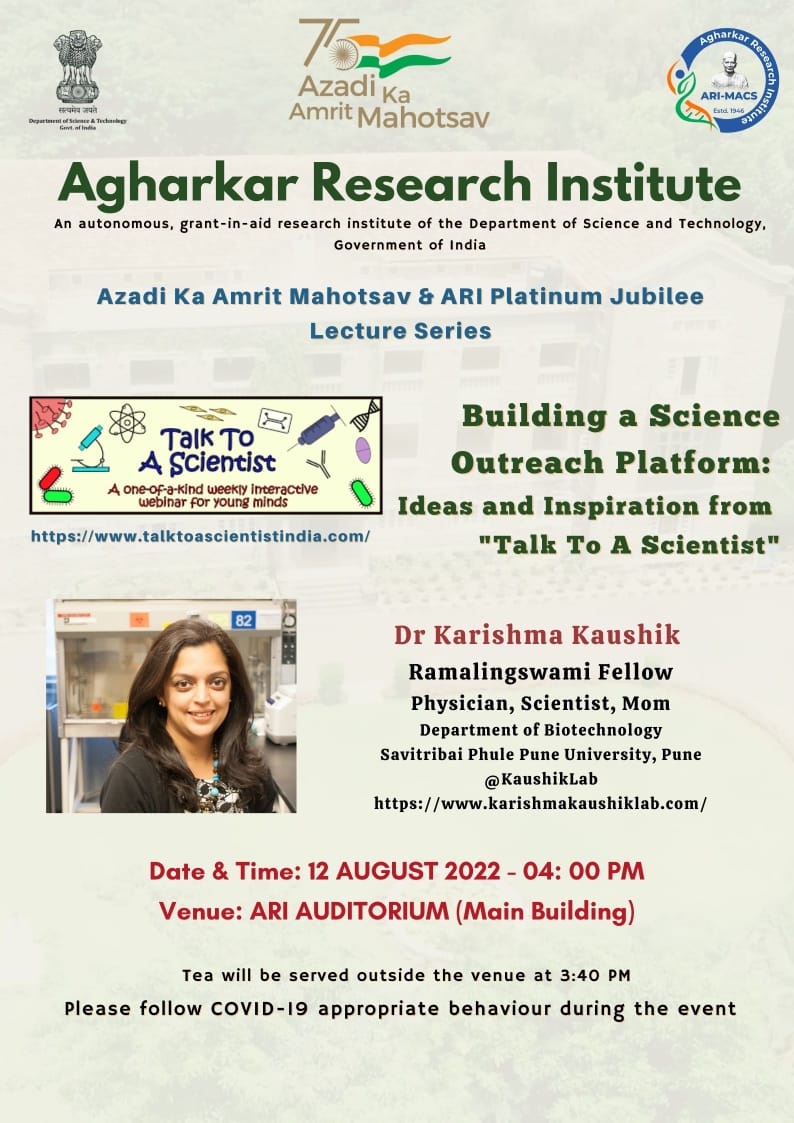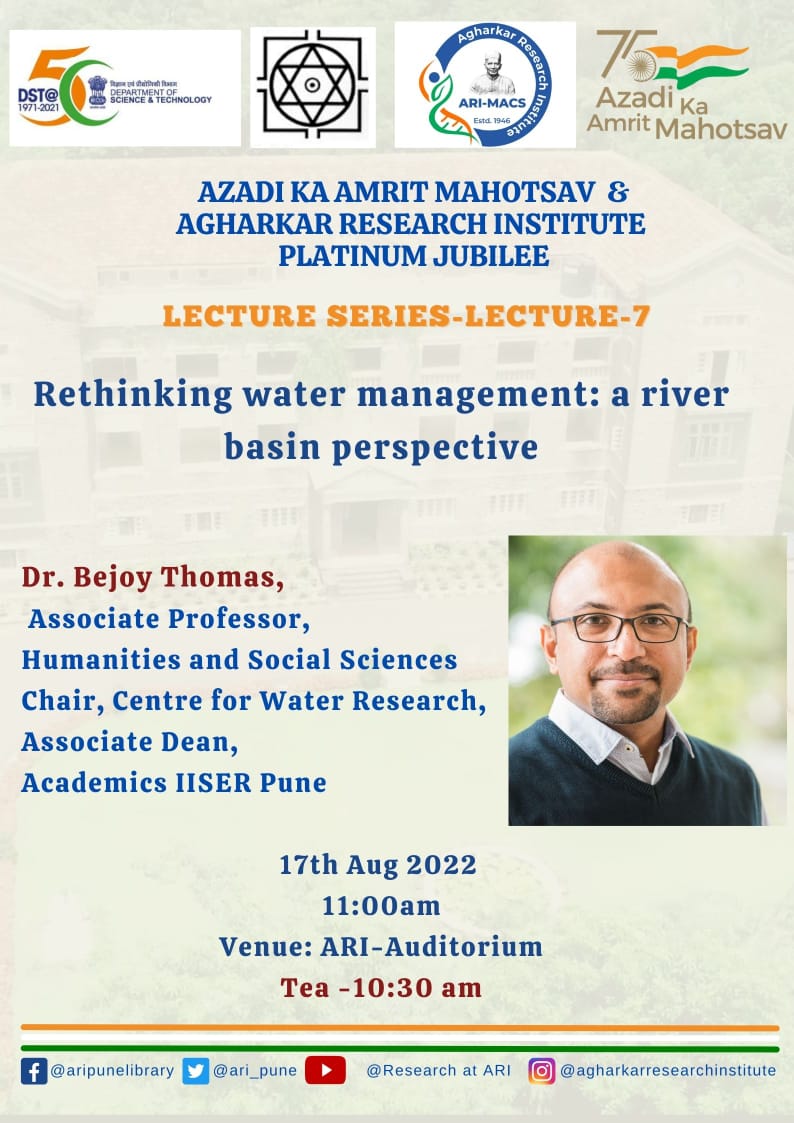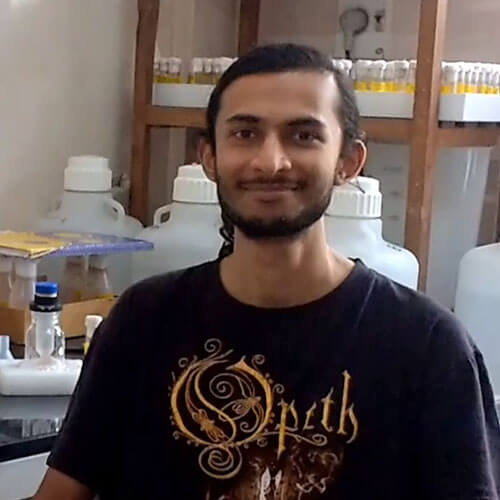
Designation : PhD Student
Brief Background :
After the post graduate degree in Virology, I was a Project Fellow at the Cytoskeleton and Cell shape lab at IISER, Pune after which I joined Dr. Bhupendra Shravage’s lab as Junior Research Fellow before starting my PhD here. It has been a nice experience through the different biological systems.
Contact Details :
knilangekar@aripune.org
-
B.Sc. Microbiology
- M.Sc. Virology
Autophagy is a cellular process that keeps cellular damage in check by its sequestration and degradation. Many such homeostatic processes respond to dysregulation which occurs during aging. Autophagy in the context of stem cells is understudied. Stem cells exist in their undifferentiated state or “stemness” because of a microenvironment which is called the “niche”. Niche comprises of the physical confinement, accessory cells and an interplay of cellular signalling molecules.
I am interested in the role of autophagy for stem cells maintenance. Apart from accumulation of damage, reactive oxygen species (ROS) is another important hallmark of aging. We have generated and characterized germline specific reporters for mitochondrial reactive oxygen species and will employ them to study ROS during aging. Our approach for the study is primarily by microscopy. Although studying a complicated process like autophagy in highly specialized cells like niche and stem cells is challenging, we hope that with this study we add to the knowledge about autophagy, stem cells, their niche and this would also serve as a model for similar studies.
- Nilangekar, K., Murmu, N., Sahu, G., &Shravage, B. V. (2019). Generation and characterization of germline-specific autophagy and mitochondrial reactive oxygen species reporters in Drosophila. Frontiers in Cell and Developmental Biology, 7(APR), 1–18. https://doi.org/10.3389/fcell.2019.00047
- Nilangekar, K. S., &Shravage, B. V. (2019). Mitochondrial Redox Sensor for Drosophila Female Germline Stem Cells. Methods in Molecular Biology (Clifton, N.J.), 1854, 13–20. https://doi.org/10.1007/7651_2018_167


